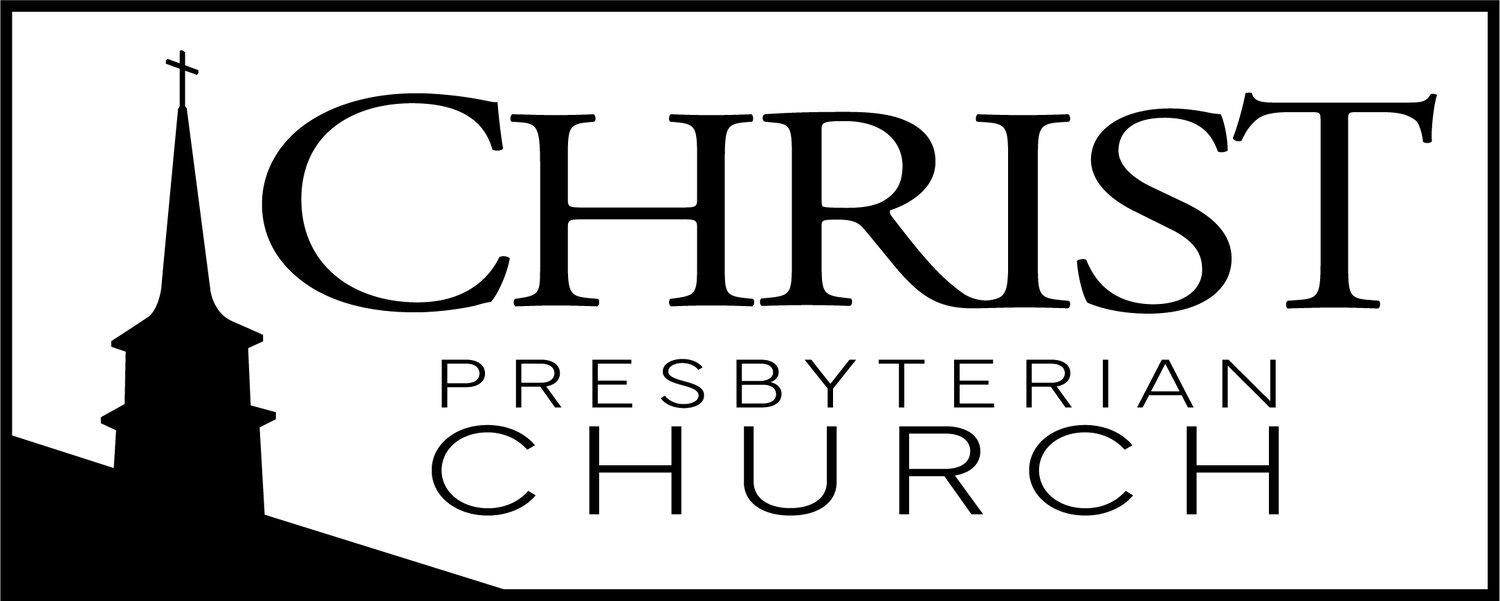The Catechism of Social Justice
What is this?
The sixteenth and seventeenth century Reformers wrote catechisms to explain in simple form what they believed. There was something profoundly virtuous, I think, in their openness. They weren’t hiding the fact that they had a system of belief that governed their lives. Today we hide behind words like objectivity, neutrality, and authenticity to evade any need to develop and present our fundamental viewpoints. In our day, an entire vocabulary and perspective on reality is being exported from progressive sociology departments to the mainstream of western society by groups claiming to be harbingers of justice.
Christians, who serve a God of justice (Ps. 99:4), should hear these claims with a sympathetic and discerning ear (James 1:19-21). Is the basic message of this social justice movement compatible in any substantial way with the “word of the truth” (Col. 1:5) that is the gospel of Jesus Christ?
There are real difficulties however for the Christian who recognizes the biblical imperative to “take every thought captive to the obedience of Christ” in this particular realm.
First, the Christian that finds substantial disagreement between the social justice ideology and the gospel of Christ will immediately become vulnerable to attack, since adherents of social justice tend to dismiss criticism as part of the disease that only social justice can cure.
Second, the social justice ideology rarely presents itself as one theory of justice among many. In fact, social justice is often not recognized as a theory or ideology at all. It’s hard to compare a rigorously defined system like Christianity with a perspective that typically appears in piecemeal form. This second difficulty is what the following catechism is seeking to address.
After listening with great interest to the adherents of this perspective (reading books, academic papers, blog posts, having conversations with adherents etc.), I have constructed a classic catechism in order to present the ideology or “religion” of social justice. I hope that this can act as a tool for Christians to better understand and evaluate this worldview from a Christian perspective.
There are aspects of truth in every ideology, worldview or religion. You should expect to find truth in what follows. The Christian must learn to evaluate how various perspectives answer the foundational questions that the Bible sufficiently answers for us. Here are some examples of those questions: what is fundamentally wrong with the world?; what is the solution to this fundamental problem?; What is mankind and what is its purpose?; What is the end/telos of human history? What standard should guide mankind’s approach to the world? What is the god/divinity that is being appeased and pursued?
In your investigation of this ideology that is sweeping the nation, fellow Christian, be “wise as serpents and innocent as doves” (Matt. 10:16).
The Catechism of Social Justice
Q. #1. What makes you human?
A. My standing within society as a fully understood, fully loved, and fully accepted individual.
Q. #2. What is your chief purpose in life?
A. My chief purpose in life is to pursue a society wherein every individual is fully understood, fully loved, and fully accepted.
Q. #3. What prevents societies from attaining this good and worthy end?
A. Social privileges of the majority culture; together with all systemic and individual acts of injustice and discrimination which proceed from it.
Q. #4. What are social privileges?
A. Social privileges are the various advantages enshrined within particular majority groups by long-standing societal institutions and structures.
Q. #5. What is systemic oppression?
A. Systemic oppression refers to the institutional, structural and interpersonal forms of denying minority groups the same benefits as privileged groups. Beneficiaries of social privilege are often, if only subconsciously, complicit in the ongoing, systemic oppression of minority groups.
Q. #6. What is meant by “individual acts of injustice and discrimination”?
A. These are the individual actions that proceed from privilege, which may include violent behavior, violent speech, condescending assumptions, stereotypes and micro-aggressions.
Q. #7. How can a beneficiary of privilege pursue humanity’s chief purpose?
A. A beneficiary of privilege can pursue humanity’s chief purpose only as an ally, by recognizing one’s privilege and by quietly elevating members of oppressed groups to places of societal influence. Beneficiaries of privilege must resist their unconscious biases that will lead them away from humanity’s chief purpose and cause them to defend existing systems of privilege.
Q. #8. From whom can allies better learn to pursue humanity’s chief purpose?
A. Allies can better learn to pursue humanity’s chief purpose by seeking to understand the lived experiences of the most oppressed and least-privileged within society.
Q. #9. By what rule does someone assess the oppression and privilege of groups and individuals?
A. The only rule whereby one can assess the oppression and privilege of groups and individuals is intersectionality.
Q. #10. What does intersectionality principally teach?
A. Intersectionality principally teaches what humanity is to perceive concerning privilege and oppression and what level of recompense humanity owes to oppressed people.
Q. #11. What groups within western society have most grievously suffered, according to intersectionality?
A. Groups within western society that have most grievously suffered include people of color, transgender people, homosexual and queer people, disabled people, immigrants and the undocumented, muslims, atheists, and women.
Q. #12. What groups within western society have received and withheld social privilege?
A. These groups include whites, men, Christians, cis-gendered people, heterosexuals, and able-bodied people.
Q. #13. Can humanity’s chief purpose be accomplished without fundamentally subverting and replacing the corrupt power structures of western society?
A. Humanity can never achieve its chief purpose of social justice without societal and cultural revolution wherein liberation from racism, patriarchy, heteronormativity, trans violence and other forms of oppression are achieved.


